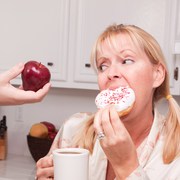 Andy Dean Photography/PhotoSpin
Andy Dean Photography/PhotoSpin
More and more, research is showing detailed data about something we all have experienced at one time or another. Lack of sleep can be detrimental to health in a variety of ways, many of which may involve unwanted weight gain.
For instance, scientists wondered if they could find evidence that people who are sleep-deprived have a weakness for eating more at a buffet.
The study involved 16 normal-weight males. They were not allowed to sleep the first night. The next night, they had 8 hours of sleep.
The study's main author Pleunie Hogenkamp said that the men who went without sleep for a night went for larger portions of food that was described as energy-dense.
During the study period, seven meals and six snacks were observed. The men overate at breakfast time, which might have caused speculation that having gone without eating through the night might have been a factor.
But they continued to eat bigger portions later as well, which may indicate that even someone who is not hungry may overeat when they've gone without adequate sleep.
Study findings were published in Psychoneuroendocrinology.
Earlier research from Uppsala's University's Department of Neuroscience indicated that young men of normal weight who went without sleep for a night experienced brain activation of the desire for food. This study was published in the Journal of Clinical Endocrinology & Metabolism.
Research from 2012 on sleeplessness showed that getting no sleep can make people more susceptible to consumption of junk food as the brain's reward centers are visually triggered by the food in question. This research was published in The American Journal of Human Biology.
Also last year, research showed that over-tired men are more likely to overeat because they have greater appetite. Women overeating after being sleep-deprived was found to be linked to not feeling as full as normal during and after eating. The research was published in the journal Sleep.
Researchers from the University of Surrey found that sleep deprivation affects more than overeating. Whole blood RNA samples were taken from 26 people after a week of sleeping 8.5 hours each night. Samples were taken again after a week of 5.7 hours of sleep per night.
It was found that 444 genes down-regulated after a week of lack of sleep, and 267 genes up-regulated in this time. Lack of sleep affected genes that had to do with circadian rhythms, immune response, inflammation, metabolism and stress.
Examination of the expression of genes though blood samples can give insight into the condition of organs of the body such as the brain and the liver. The study appeared in Proceedings of the National Academy of Sciences.
Sources:
Lack of Sleep? Keep Away from the Buffet. Sciencedaily.com. Feb. 25, 2013.
http://www.sciencedaily.com/releases/2013/02/130220084701.htm
Sleep-deprived should watch their portion sizes. CTVnews.ca. Feb. 25, 2013.
http://www.ctvnews.ca/health/sleep-deprived-should-watch-their-portion-s...
Sleep deprivation plays havoc with genes.ABC.net.au. Feb. 25, 2013.
http://www.abc.net.au/science/articles/2013/02/26/3697827.htm
Visit Jody's website and blog at http://www.ncubator.ca and http://ncubator.ca/blogger
Reviewed February 26, 2013
by Michele Blacksberg RN
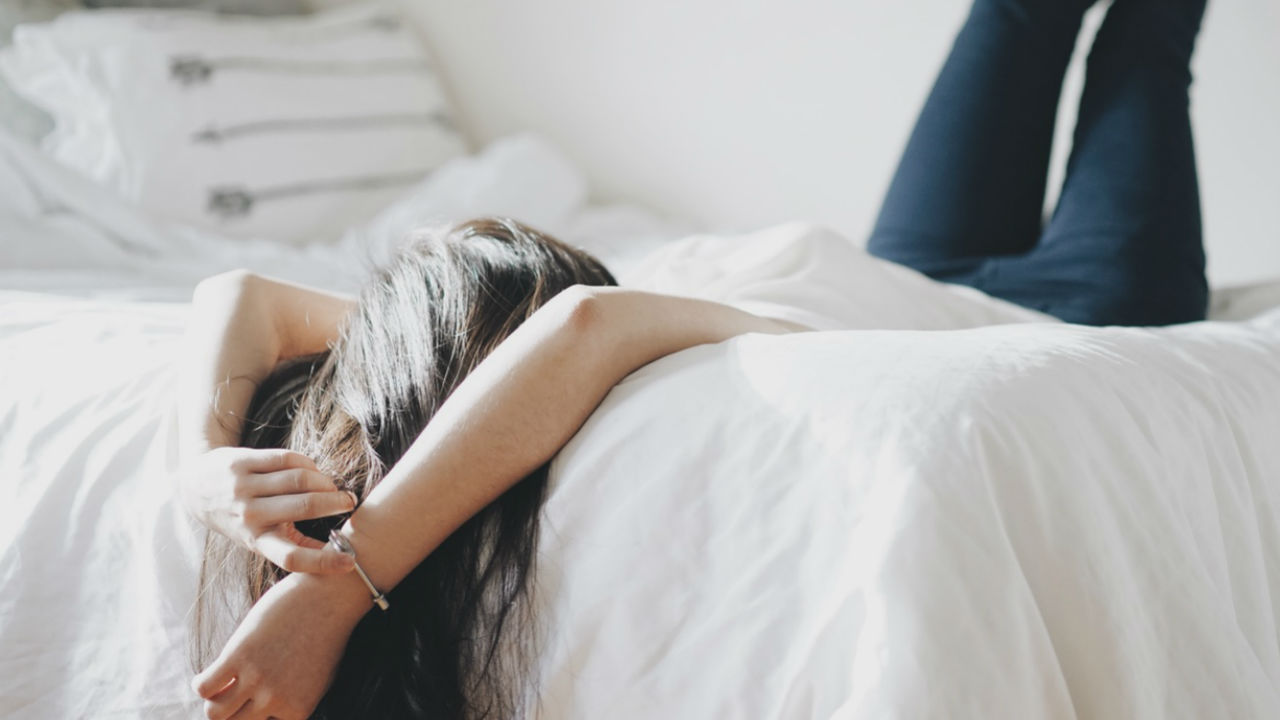
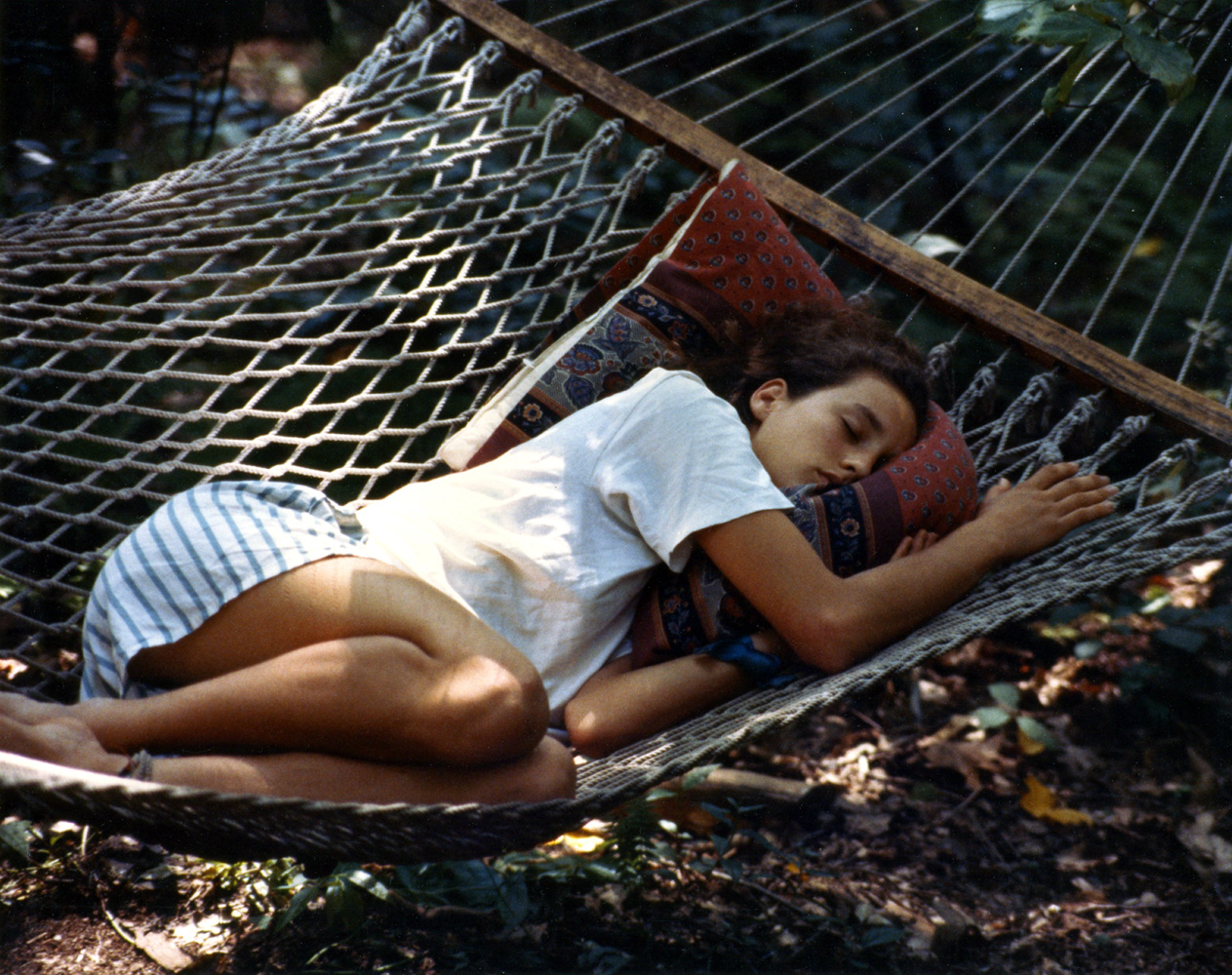
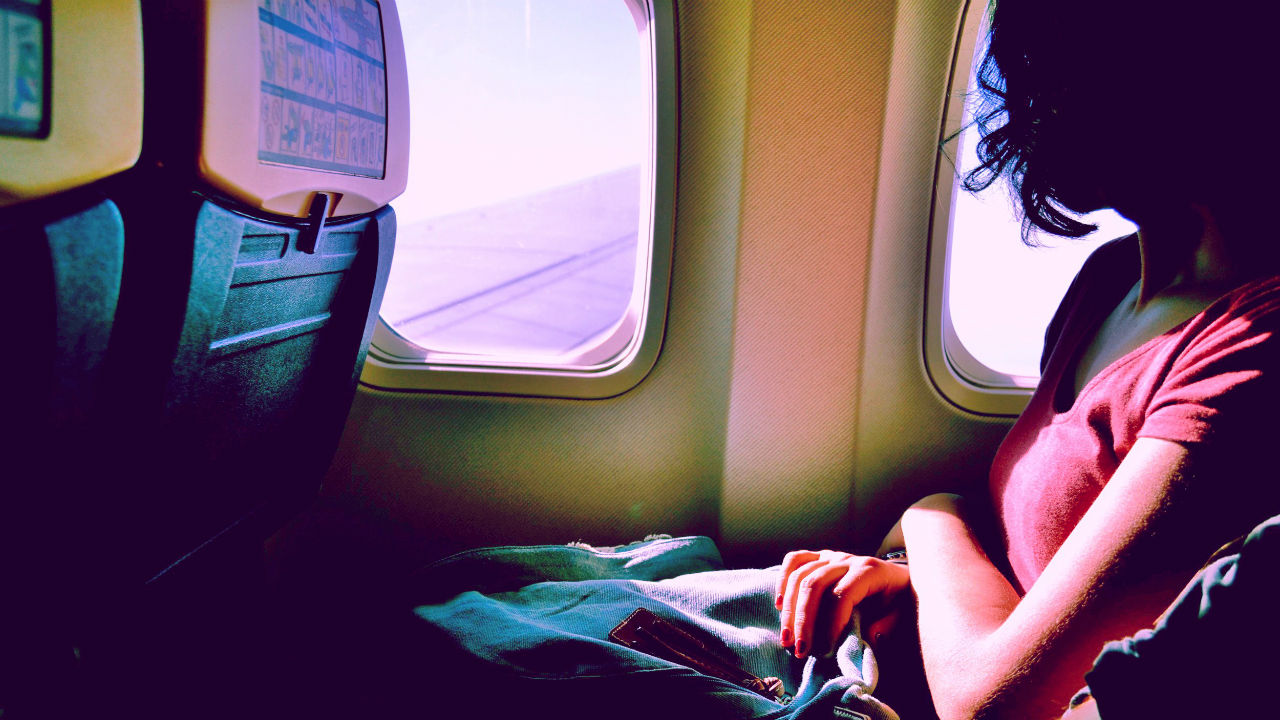
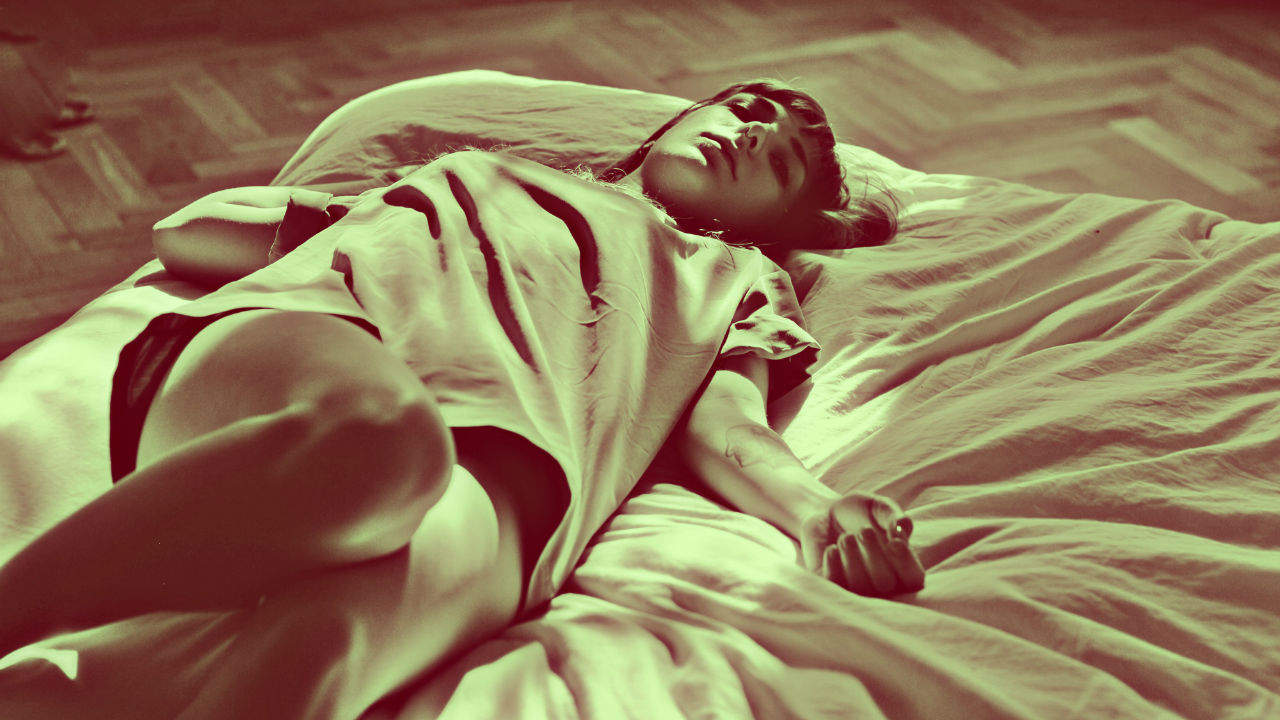


Add a Comment1 Comments
Curb your late night snacking if you want to see good results in your diet and weight loss plan. Eating close to bed time puts calories in your system that will be burned off during your sleeping hours when metabolism slows to a crawl and your calories burned per hour are at their lowest levels. Thanks for the great read, Sammi @ http://homeremedyforeczema.com/
March 2, 2013 - 4:55pmThis Comment